 As an entertainment reporter in the 1990s, travelling to Hyderabad to cover the shooting of a Govinda film was as common as travelling from Bandra to Churchgate.
As an entertainment reporter in the 1990s, travelling to Hyderabad to cover the shooting of a Govinda film was as common as travelling from Bandra to Churchgate.
More often than not it would be for one of the No.1 films (Hero, Coolie, Anari) and another fixture on the sets would be Kader Khan, who would be there as a co-actor and dialogue writer.
We didn’t realise it then, but the combination was writing film history as they ad-libbed and smart-assed their way to creating a whole new genre that is still known as the Govinda genre.
Dialogue from those films is still repeated and everyone who has cracked up at them has a favourite.
All this is in my mind as I go to meet Kader Khan (65), who hasn’t been seen in the movies for some time having seemingly passed his sell-by date as have so many wonderful entertainers of that decade. I couldn’t be more wrong.
Kader Khan is neither down, nor out. He has just seamlessly progressed to the next phase of his life with the very ambitious project of creating an entire syllabus from nursery to post graduation in Islamic studies which will be taught in Madrasas.
For this he has taken all the Urdu and Arabic texts written in a form not easily understood and created a simplified version; in some cases, with translations.
He will also be opening an institute in Canada (he is a citizen) where the syllabus will be taught and intends to start a film industry in Toronto which will also have a school for acting and screenplay writing.
With his well-wishers setting up a kabab restaurant aptly called KK Kabab Korner in Dubai, where the dishes will be named after his famous films such as Amar Akbar Anthony orAgneepath, his hands are full.
I am in for another surprise. With more than 700 films in his kitty – 450 as actor and 250 as writer (largely dialogue writer) – I expect his office to be full of Bollywood memorabilia, a shrine to his past exploits. But there is nothing like that, no trophies that Bollywood used to hand out at every milestone (50 days, 100 days), and no personal citations either.
Instead, ceiling high bookshelves line every wall, crammed with several copies of the Holy Quran and Urdu tomes. A couple of VHS copies of films and an English book on screenplay writing vie desperately for space but they are so easily outnumbered they don’t count.
Amidst this sits a serene Kader Khan, dressed in a green T-shirt and black trousers, gazing out with the gentlest of eyes, nursing his knees which underwent a replacement surgery but still ache.
Is he upset or cross with Bollywood? “Not really,” he shakes his head, “It’s just that the directors who were my teachers such as Manmohan Desai and Prakash Mehra are no longer there. When I was in trouble, I could go to them, put my head in their lap and maybe shed a few tears. Now there is no lap, there’s just a laptop but I still write by hand.
Kisine itni mohabbat se awaaz hi nahi di, ke hum daud ke pahunch jate. (No one has called out lovingly enough for me to want to reply) My father was a priest, a maulvi, and he always wanted that I should do something in education. He believed, and I do too, that with education, a lot of misconceptions about religion can be eradicated. In my own small way, I am trying to further his dream.”
“Also, that was a time of collaborative thinking. All the actors with whom I did some of my best work, be it Amitabh Bachchan, Jeetendra, Govinda, Shakti Kapoor, Aruna Irani, Asrani or Johny Lever, would put themselves entirely in my hands and allow me to flesh out their characters with dialogue. Where does that camaraderie or love exist today? What people call our chemistry was just this, an acceptance of each other’s strengths and weaknesses.”
We trade favourite dialogue and I tell him mine is his throwaway line in Coolie No. 1 in which he deadpans to a reluctant Govinda that his daughter is ‘kunwari’ (unmarried) and his is a more weighty one from Amar Akbar Anthony ‘talvar ka vaar jise maar na sake woh Amar hai, aag ko jalakar jo rakakh kar de woh Akbar hai, apun nahi public bolta hai ke anhonee ko jo honee bana dale woh Anthony hai.’ “The dialogue of those films has become today’s grammar,” he opines adding with a laugh, “Maybe I will have to come back to break that and provide them with a new grammar.”
And while on the subject of iconic films, his reasoning is that if they have to be remade they must be with stars that match the stature of those in the earlier film, not with newcomers because that dilutes it.
He has written several films with hard-hitting dialogue like in Agneepath, Angaar, Naseeb and many more as well as some rib-tickling lines in comedy. Which comes easier? “I am first of all an actor, so all the lines I write, whether hard-hitting or comic, are lines I have said and acted out already. So really all an actor would have to do was make it his own and imitate me.”
So what does he think of the dialogue of the recent Agneepath, as he had written the classic dialogue in the national award-winning original. “I haven’t seen the film yet so I can’t comment, but I have full faith in Karan Johar whose work I respect. He is an intelligent and responsible man and I want to see what he has done before commenting.”
Though he doesn’t see many films, “it’s like revisiting my own follies, there are so many references to films I wrote for” he does like the Rohit Shetty Golmaal brand of humour.
And if he had to pass on his baton, who would it be to? He shrugs. “No one I’ve met yet.”
Tags: Agneepath bollywood dialogues Kader khan khan


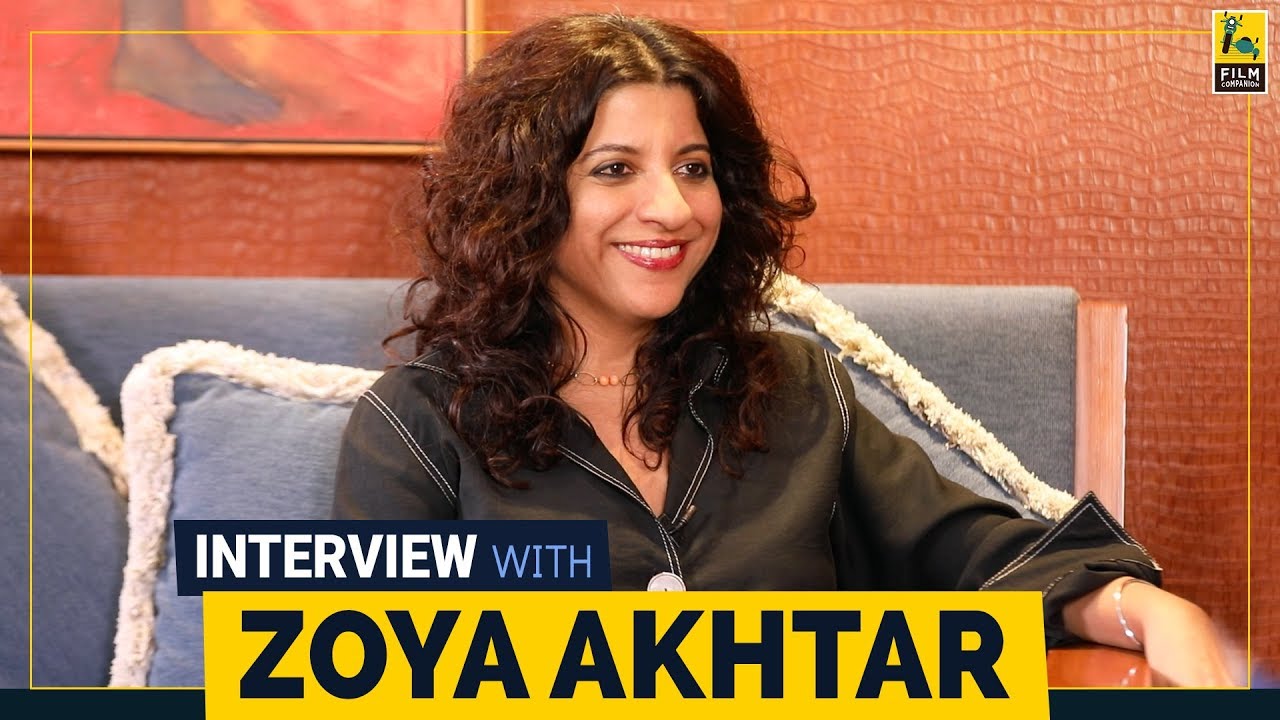

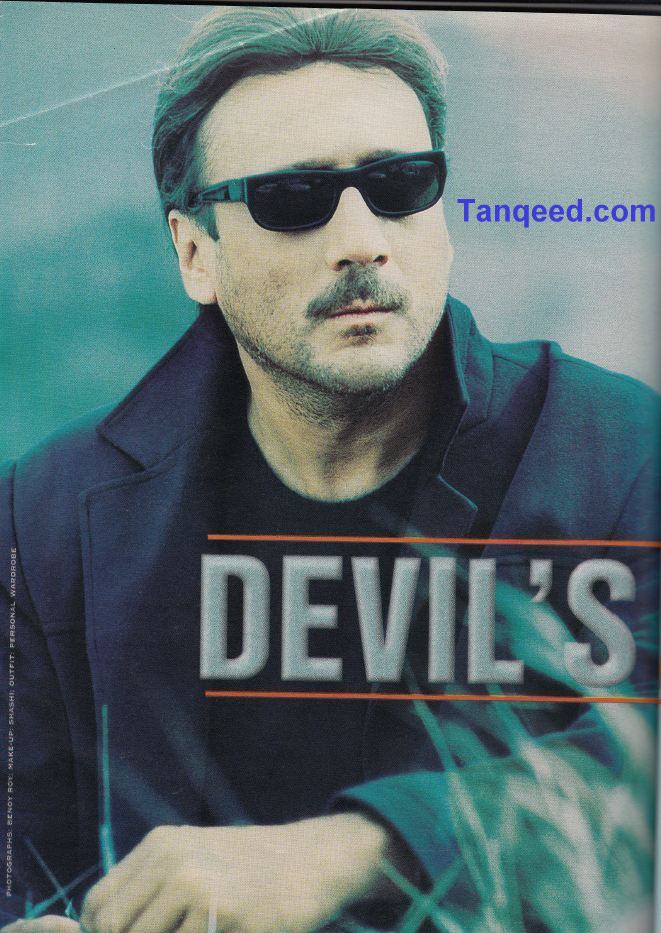
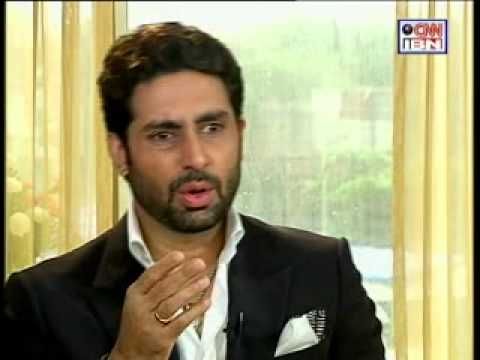
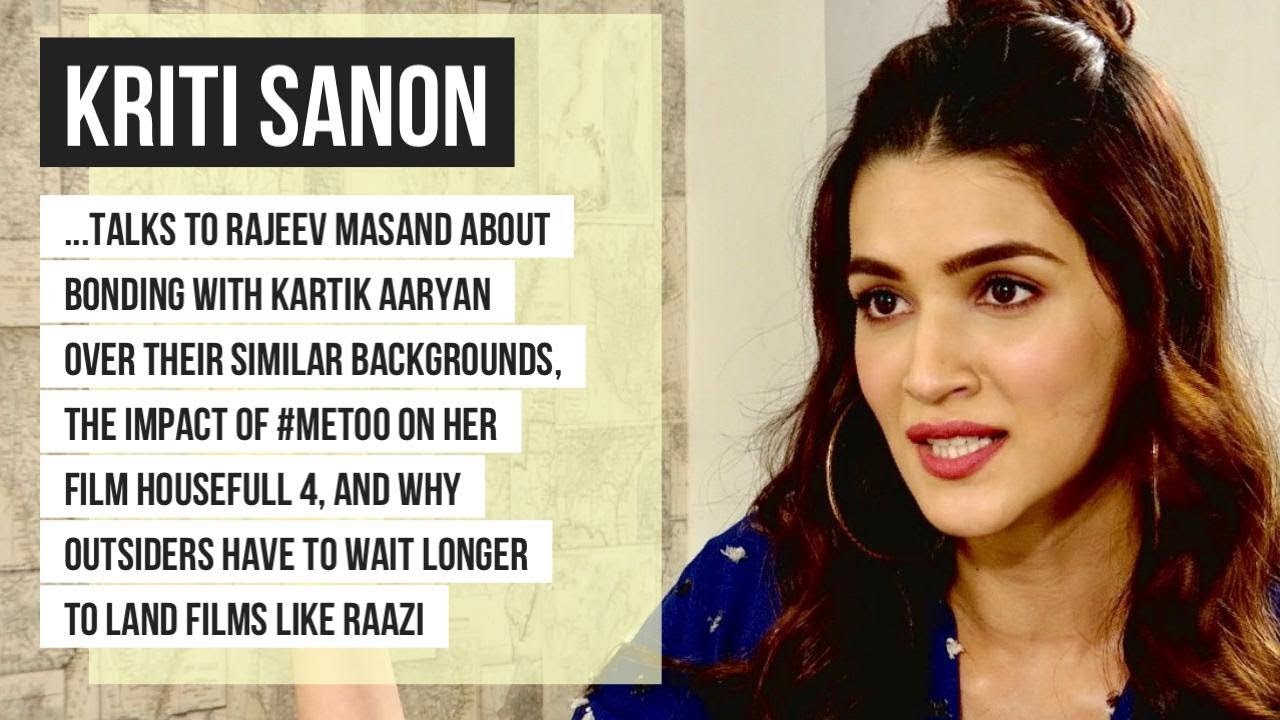
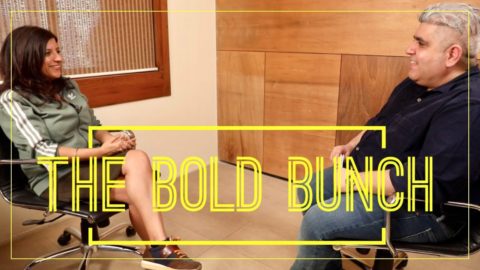
My all -time fav khan 🙂
https://youtube.com/watch?v=Ue43Apl4Jlo